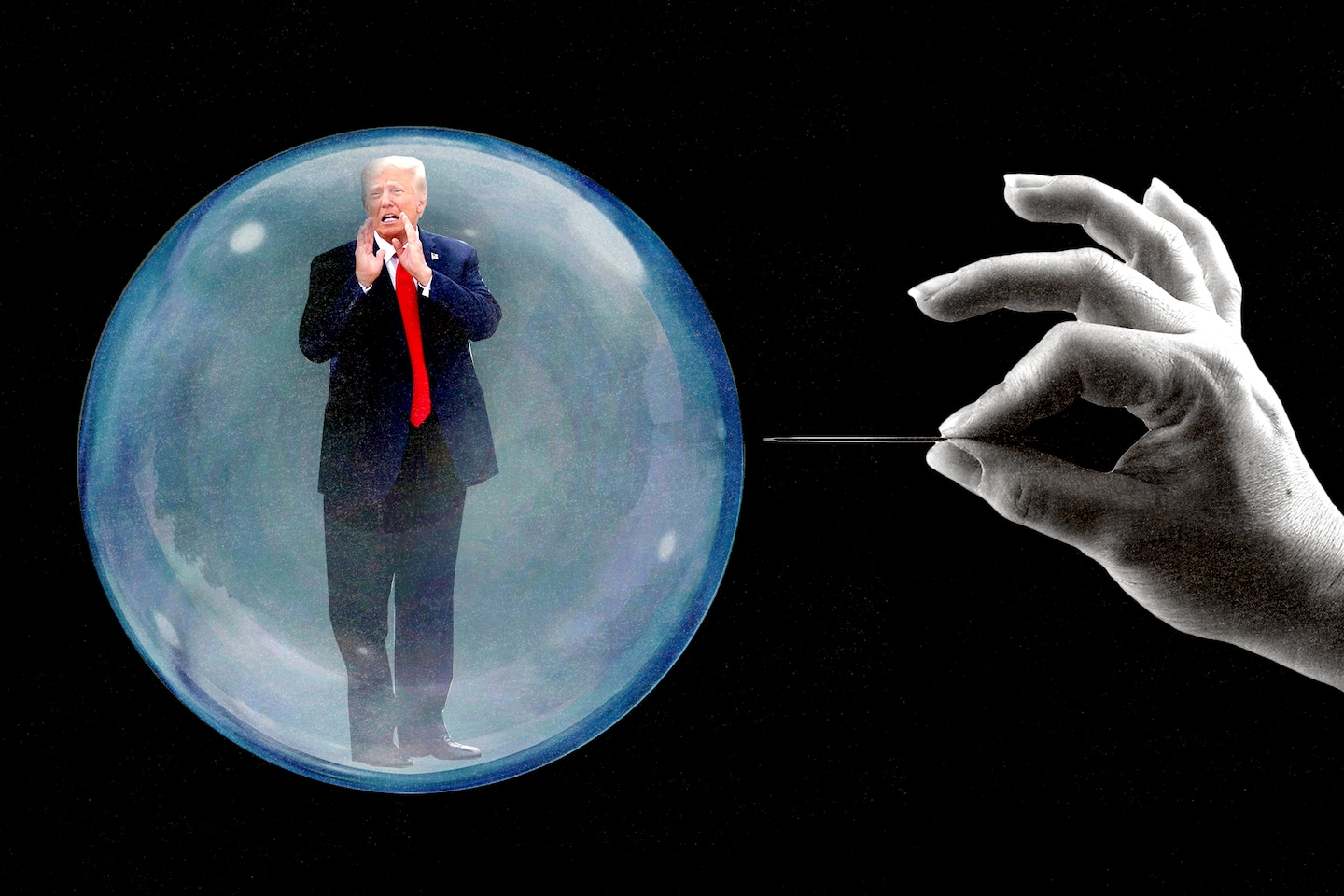- cross-posted to:
- usa@lemmy.ml
- cross-posted to:
- usa@lemmy.ml
When former president Donald Trump’s media start-up announced in October 2021 that it planned to merge with a Miami-based company called Digital World Acquisition, the deal was an instant stock-market hit.
With the $300 million Digital World had already raised from investors, Trump Media & Technology Group, creator of the pro-Trump social network Truth Social, pledged then that the merger would create a tech titan worth $875 million at the start and, depending on the stock’s performance, up to $1.7 billion later.
All they needed was for the merger to close — a process that Digital World, in a July 2021 preliminary prospectus, estimated would happen within 12 to 18 months. “Everyone asks me why doesn’t someone stand up to Big Tech? Well, we will be soon!” Trump said in a Trump Media statement that month.
Now, almost two years later, the deal faces what could be a catastrophic threat. With the merger stalled for months, Digital World is fast approaching a Sept. 8 deadline for the merger to close and has scheduled a shareholder meeting for Tuesday in hopes of getting enough votes to extend the deadline another year.
If the vote fails, Digital World will be required by law to liquidate and return $300 million to its shareholders, leaving Trump’s company with nothing from the transaction.
For Digital World, it would signal the ultimate financial fall from grace for a special purpose acquisition company, or SPAC, that turned its proximity to the former president into what was once one of the stock market’s hottest trades. Its share price, which peaked in its first hours at $175, has since fallen to about $14.
Digital World’s efforts to merge with Trump Media have been troubled almost from the start, beset by allegations that it began its conversations with the former president’s company before they were permitted under SPAC rules.
Then, in the past year, its issues became more pronounced: Its chief executive was terminated by the board, a former board member was arrested on charges of insider trading, and the company agreed to pay an $18 million settlement to resolve charges that it had misled investors and given false information to the Securities and Exchange Commission.
The merger has “been pretty much unprecedented in terms of all of the glitches,” said Jay Ritter, a University of Florida finance professor who studies stock markets. “The deal does seem to be running out of time. You can’t just keep getting extensions forever.”



This was a sketchy deal from the outset. Why would anyone think a new social media company could be successful. Twitter wasn’t even making a profit when Elon bought it - who would invest $300 million not only to try it again - but to only target less than half the people the other platform targeted.
Just a bad business decision no matter how you slice it.
Twitter became profitable for the first time in 2018 when it reported its first-ever net income of $1.2 billion for that year. This was followed by a second consecutive year of profitability in 2019, with total revenue of $3.4 billion and a net income of $1.4 billion, which was higher than expected by many analysts.
Twitter was making money before Elon bought it… The numbers that get thrown around now about how much money it’s losing are because Elon saddled the company with the debt from his leveraged buyout. The insane yet somehow legal strategy of making the company payback the loan for it’s own purchase.